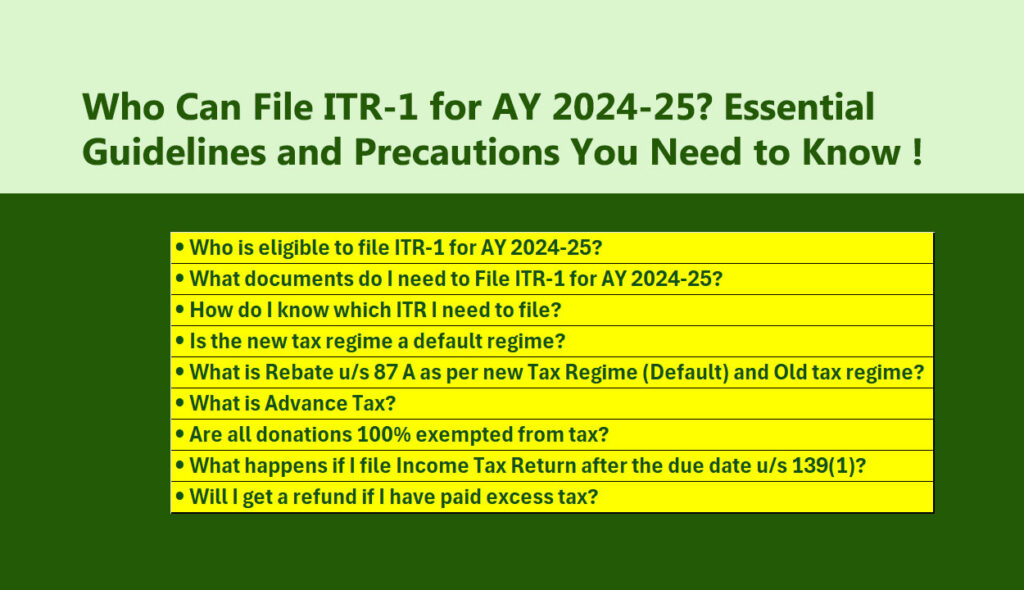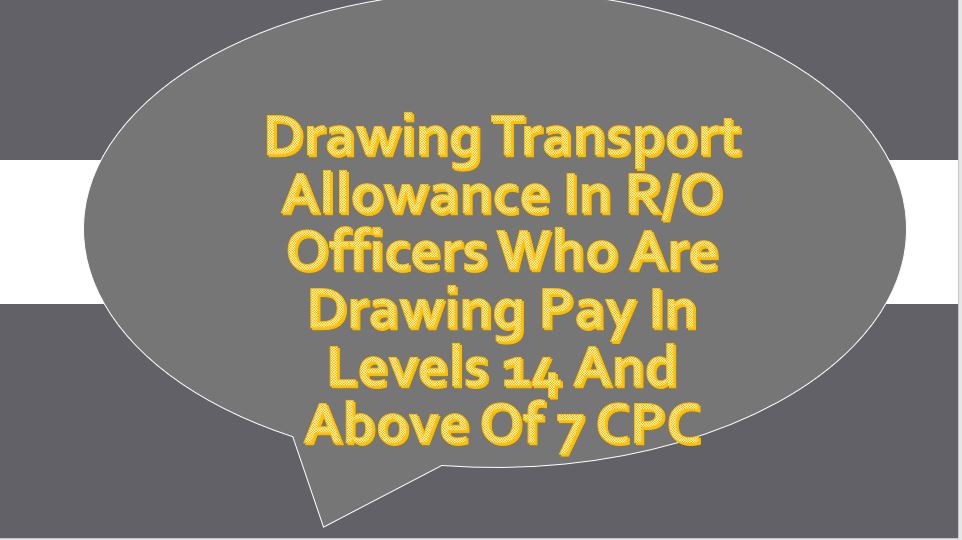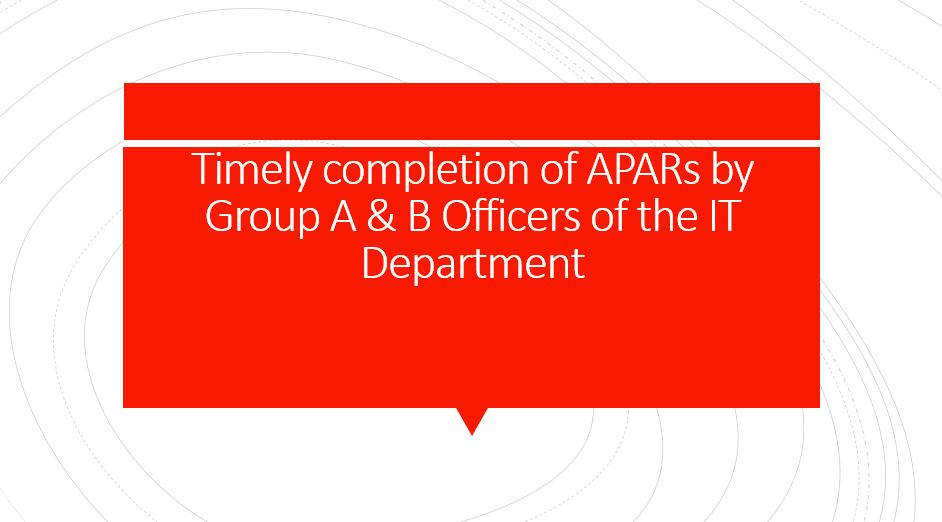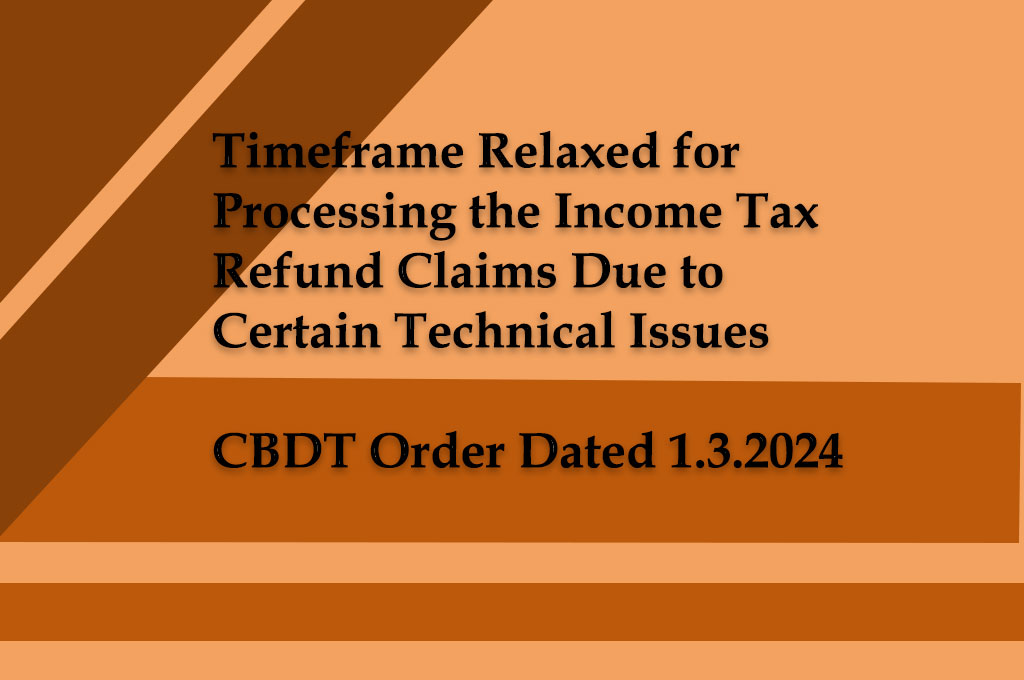The Union Cabinet has approved Direct Tax Code(DTC)
The Union Cabinet on Thursday approved a new set of direct tax rules that proposes to raise income tax exemption limit from 1.6 lakh to 2 lakh, leaving more money in the hands of individuals, and a lower tax rate for companies.
The much-awaited Direct Taxes Code, or DTC, Bill, which seeks to replace the nearly 50-year-old income tax law, is likely to be introduced in Parliament on Monday and may then be referred to a select committee of members of both houses of Parliament.
The basic exemption limit is proposed to be raised to 2 lakh from the current 1.6 lakh and corporate tax rate for both domestic and foreign companies proposed is at 30%, finance minister Pranab Mukherjee said after the meeting of the Union Cabinet.
Senior citizens and women will enjoy a higher exemption of up to 2.5 lakh. There will be no surcharge or cess on companies, thereby bringing the corporate tax rate to 30% from present 34%.
The new code proposes three income tax slabs—income of up to 2-5 lakh will face 10%, 5-10 lakh will attract 20% and income over 10 lakh will face tax at the rate of 30%. The housing loan exemption of 1.5 lakh would also be available to individual taxpayers on the interest component.
“The whole objective is that a plethora of exemptions will be limited. Income tax slabs will be three. Rate of taxes will be taken in the schedule so that they need not be changed every year,” Mr Mukherjee said.
“Once the tax rates are part of the code itself, it would provide guidance and stability as to short to mid-term tax rates vis-a-vis current situation wherein tax rates could undergo a change on a year-on-year basis,” said Vikas Vasal, executive director, KPMG.
The new changes in the tax rates, expected to come into effect from April 1, 2011, could lead to some loss in revenue and raise the government’s deficit.
However, the government proposes to raise the minimum alternate tax (MAT) on book profits to 20% from current 18%. The move will be a big blow for Reliance and a host of IT and infrastructure companies that pay MAT.
Ficci general secretary Amit Mitra welcomed the proposal. “We are assuming that this rate of tax is a proposed cap and corporate tax would not exceed 30%. Any cess or surcharge should be subsumed within this 30%,” he said. He further added that at this rate, the Indian corporate tax is moving closer to the rate prevailing in Asean countries, which is again a positive direction for direct taxes.
However, some industry honchos were not happy as they expected much lower rates if exemptions are being withdrawn. Jindal Stainless vice-chairman & MD Ratan Jindal said the proposed rate of 30% is good, but the industry was looking for lower rates of around 25%.
“Hopefully the government will consider bringing down corporate tax at about 20-25 % in the coming years. If more money is put in the hands of the industry, it can be ploughed back for further investment and expansion purposes.”
-Economic Times-



